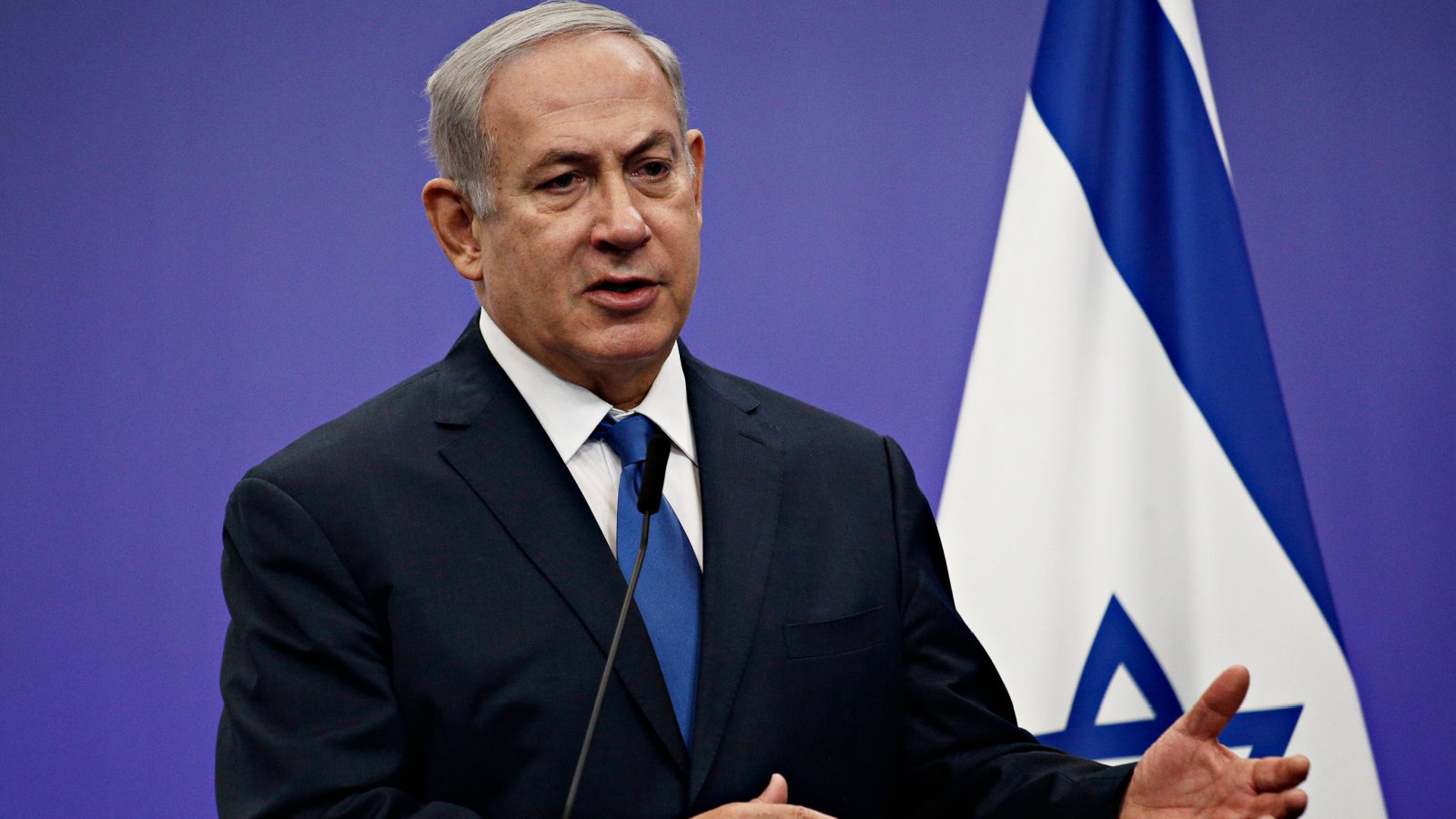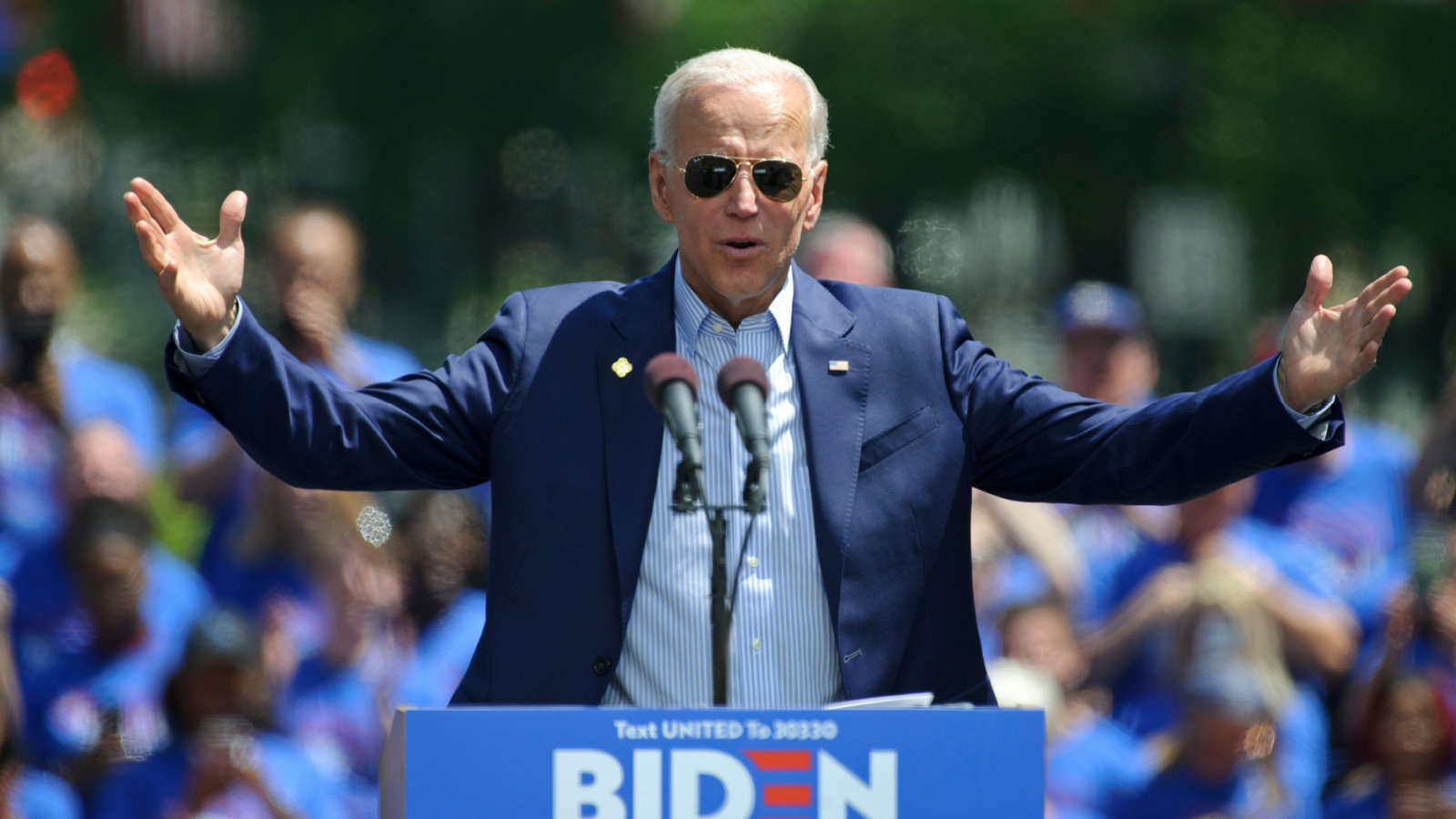Iran’s recent missile strike on Israel marks a severe escalation in regional tensions, prompting a swift and coordinated defensive response from U.S. and allied forces. This aggressive act has stirred international support for Israel, setting the stage for a complex geopolitical standoff. As global leaders unite in condemnation of Iran, the strategic implications ripple outward.
Israel’s Lone Stand
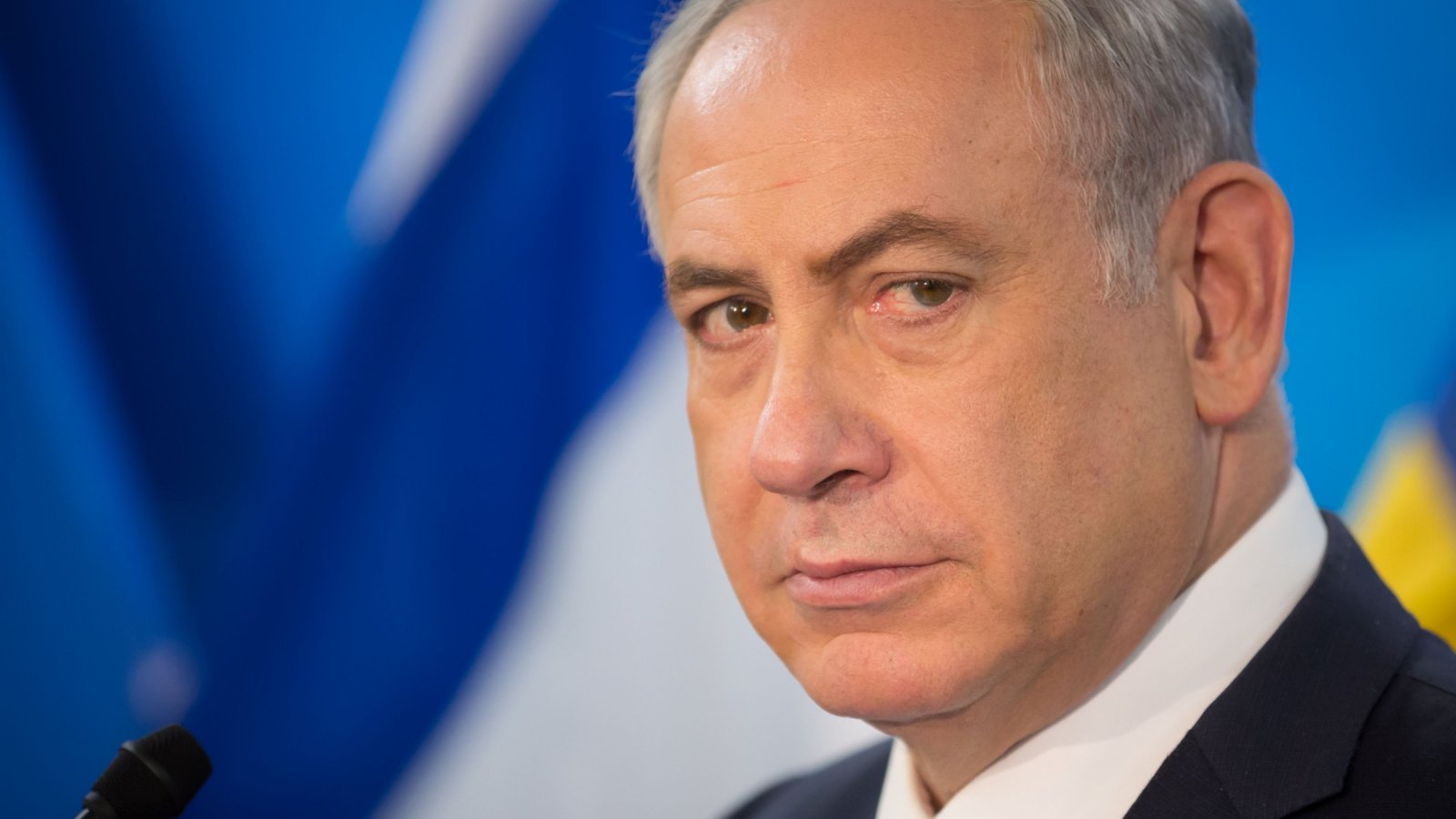
As Israel contemplated its next move after Iran’s unexpected attacks, the U.S. made it clear that any military retaliation by Israel would be a solo endeavor. Despite being a longstanding ally heavily supported by American military aid, Israel was advised they’d be on their own this time.
A Shift in Alliance
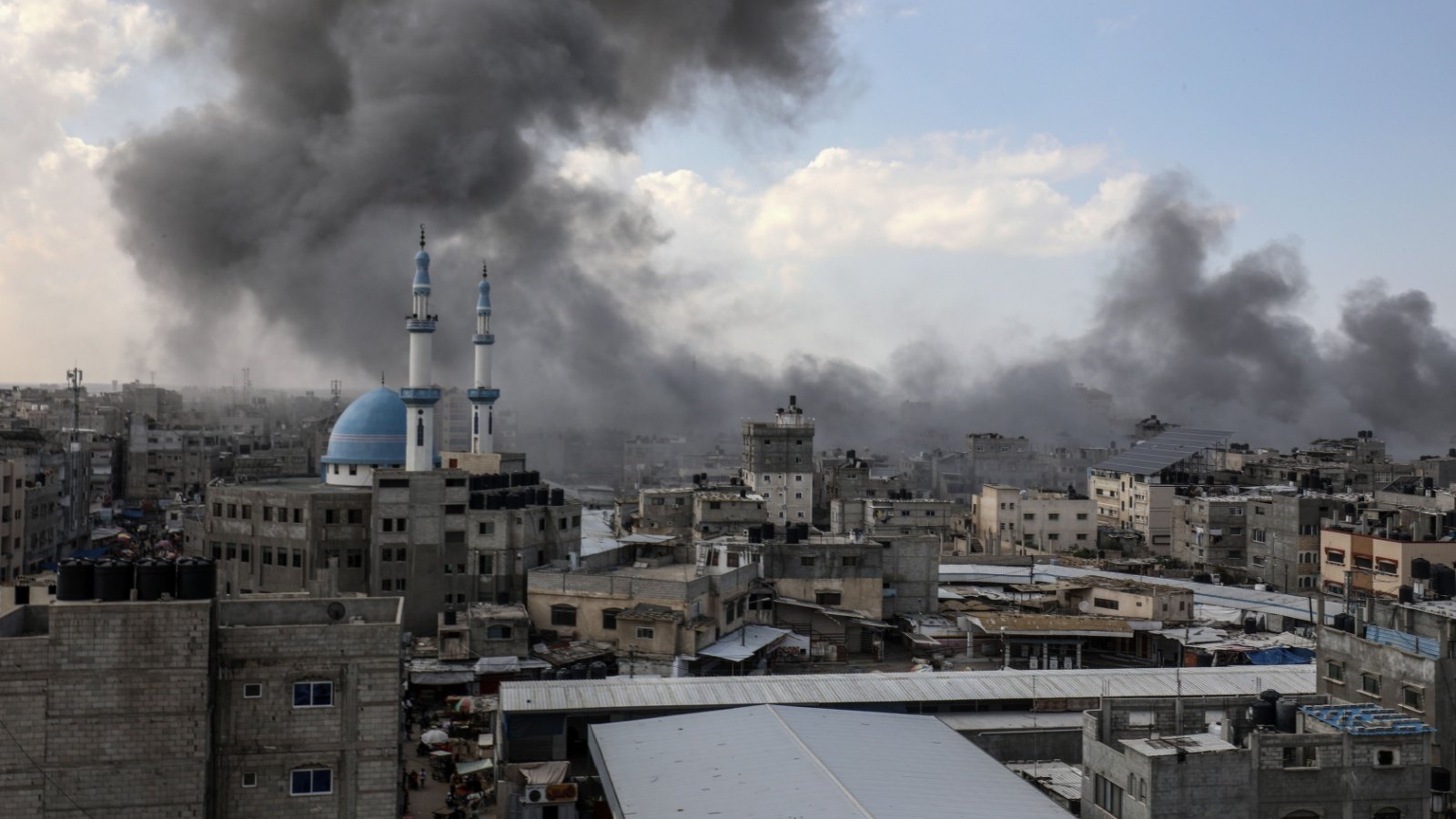
The relationship between the U.S. and Israel, often hailed as unbreakable, seemed to waver following recent unilateral actions by Israel in Gaza. Criticized by both the U.S. and other nations for excessive military force, the Biden administration has now stepped back from joining any offensive military operations against Iran, aiming to avoid escalating conflicts in the Middle East.
Diplomatic Dialogues

Following Iran’s assault, high-level talks were held; the U.S. reiterated its stance on non-participation in offensive strikes during a private conversation between U.S. Defense Secretary Lloyd Austin and Israeli Defense Minister Yoav Gallant. Austin’s support for Israel’s right to defend itself was affirmed, yet he emphasized the U.S.’s decision to abstain from combat involvement.
Intelligence Shocks

The scale of Iran’s missile attack caught global leaders off-guard, unsettling U.S. officials who had underestimated the threat. Originally expecting a modest missile deployment, they were shaken to discover preparations for over a hundred ballistic missiles, reflecting a significant underestimation by U.S. intelligence.
Retaliation in Damascus
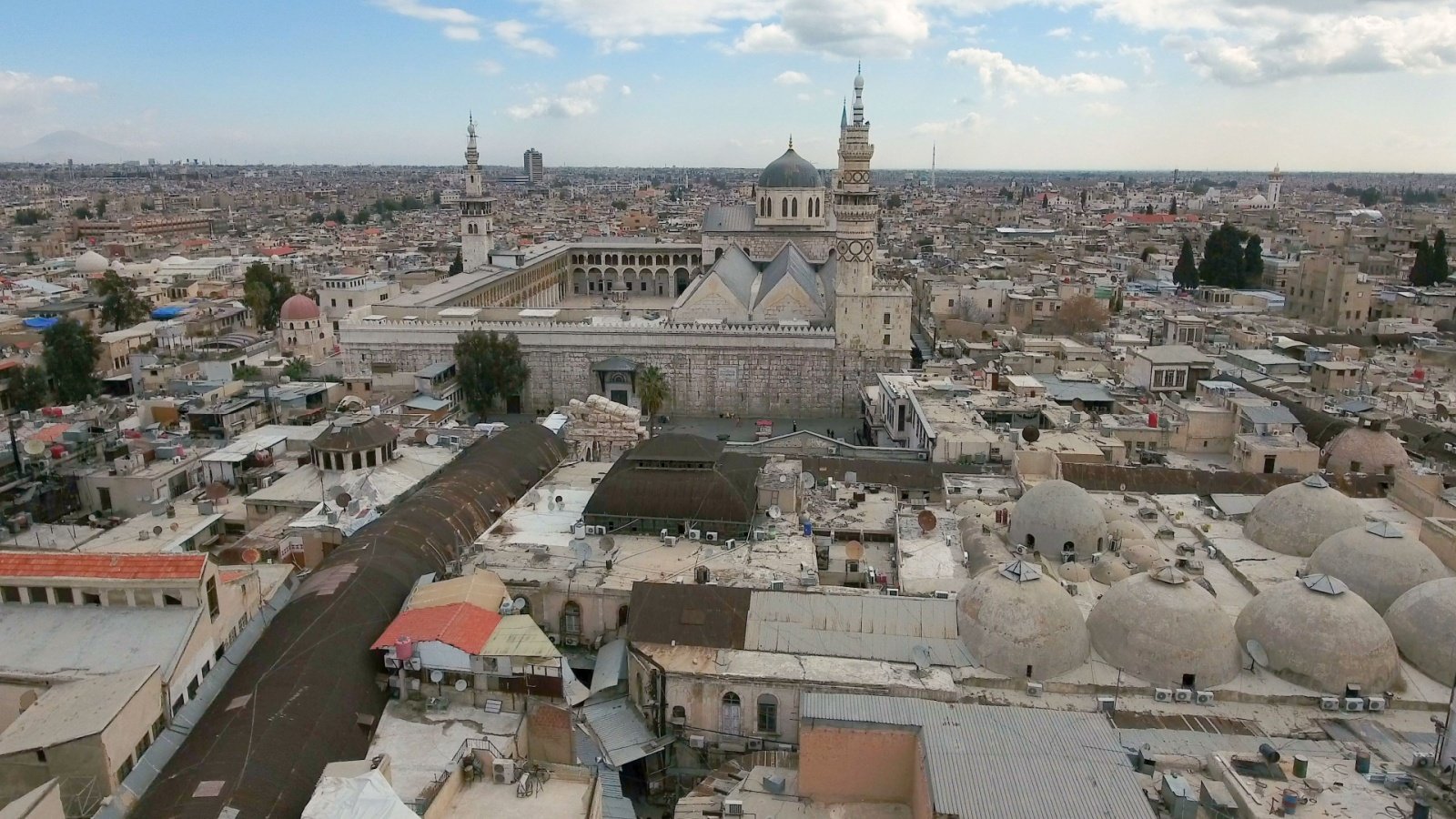
Iran claimed its recent missile barrage was a direct response to an attack on its facility in Damascus, an act attributed to Israel by many. This severe military engagement involved approximately 300 missiles and drones, targeting Israel in a significant escalation.
Missile Defense Triumph
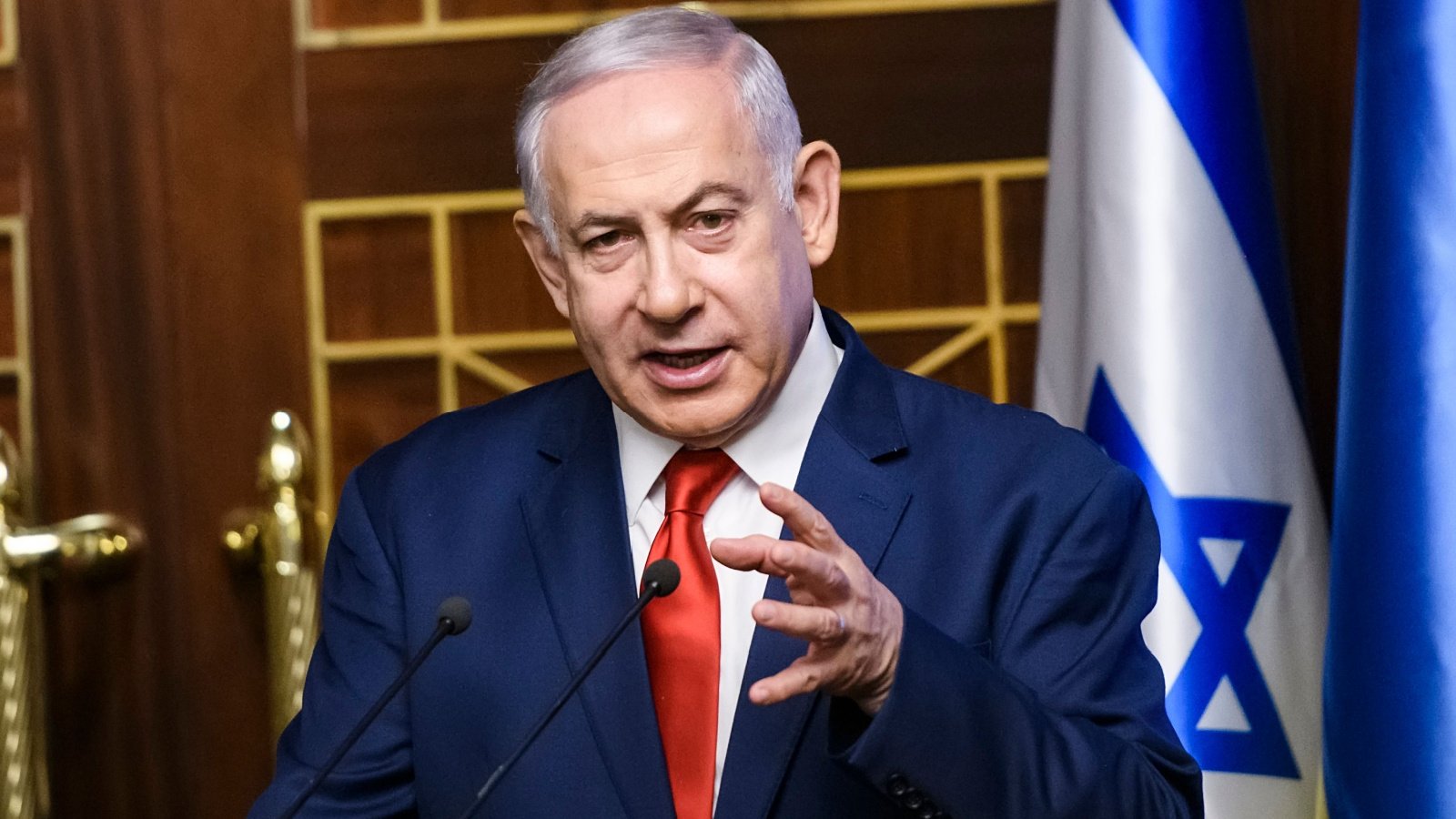
Despite the vast number of missiles launched, many failed during launch or in transit, according to U.S. intelligence shared with ABC News. Israel’s robust air defense system, coupled with support from the U.S., U.K., and Jordan, successfully intercepted the majority of these threats, showcasing a high level of preparedness and coordination.
U.S. Military Intervention

The U.S. military played a crucial role in neutralizing the aerial threats, with Navy destroyers in the Mediterranean Sea shooting down numerous drones and missiles. This concerted effort in defense was hailed as a “spectacular” success by a senior administration official, highlighting the strategic failure of Iran’s aggressive intent.
High-Level Discussions
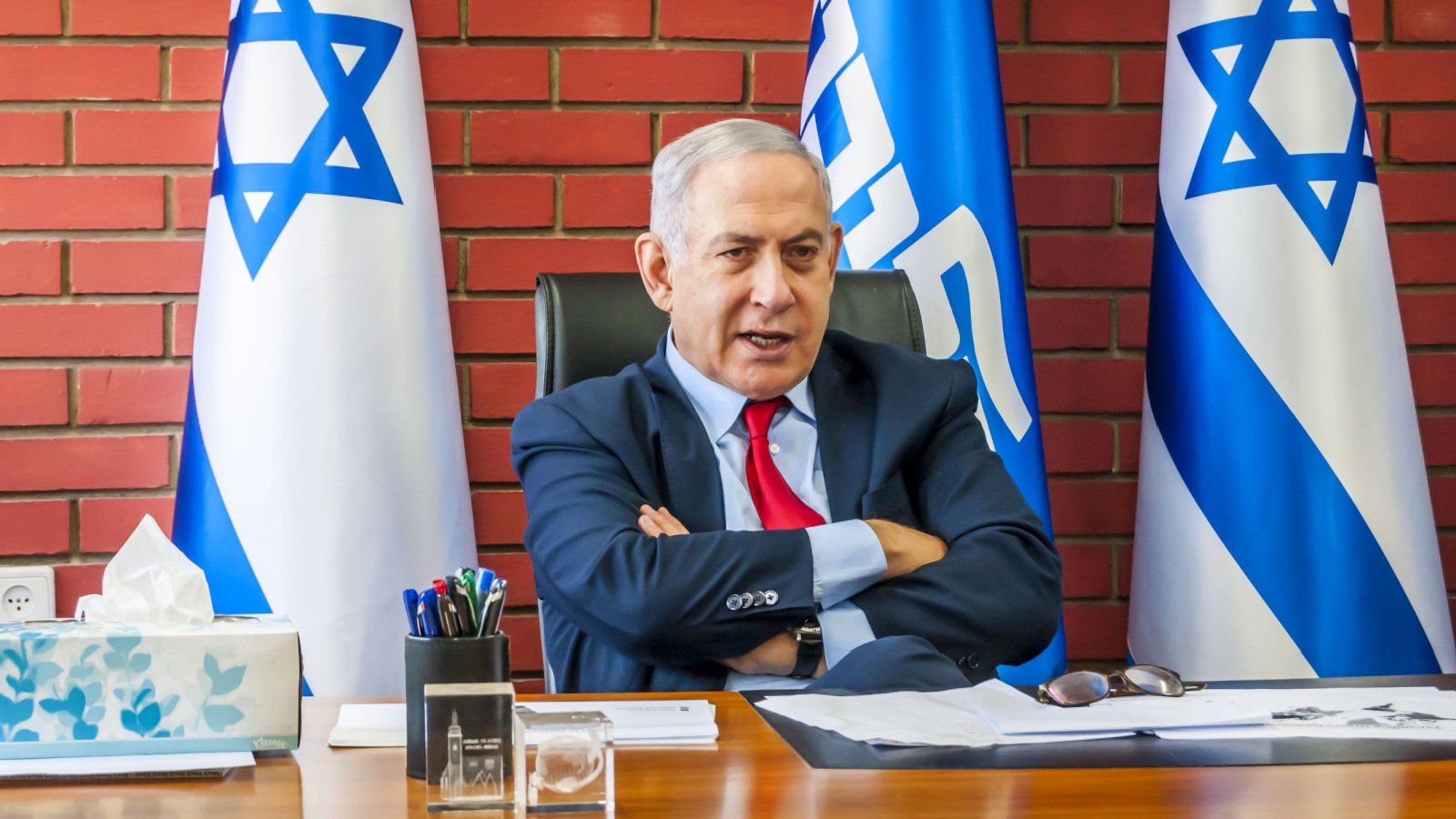
In the aftermath of Iran’s attack, Israeli Prime Minister Benjamin Netanyahu convened his war cabinet to deliberate possible responses, signaling that strategic decisions were imminent. President Joe Biden quickly reached out to express the U.S.’s steadfast support, reinforcing international solidarity with Israel at a critical moment.
Global Unity Against Aggression
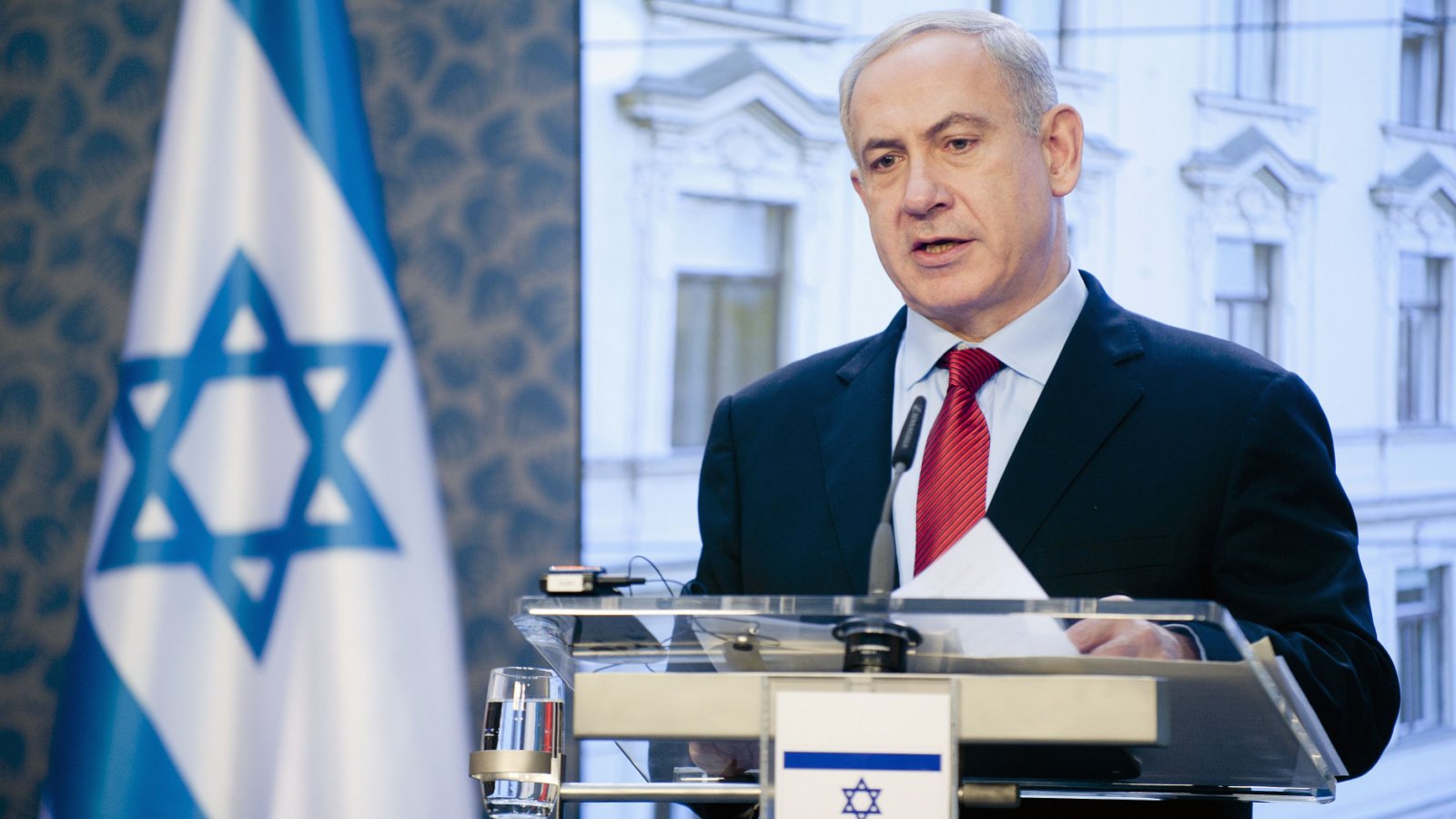
This incident has not only tested Israel’s defensive capabilities but also strengthened international relations, particularly with key allies under the strategic umbrella of the United States Central Command. The unified stance against Iran’s actions represents a significant shift, especially following recent criticisms of Israel’s tactics in Gaza.
The Path Forward
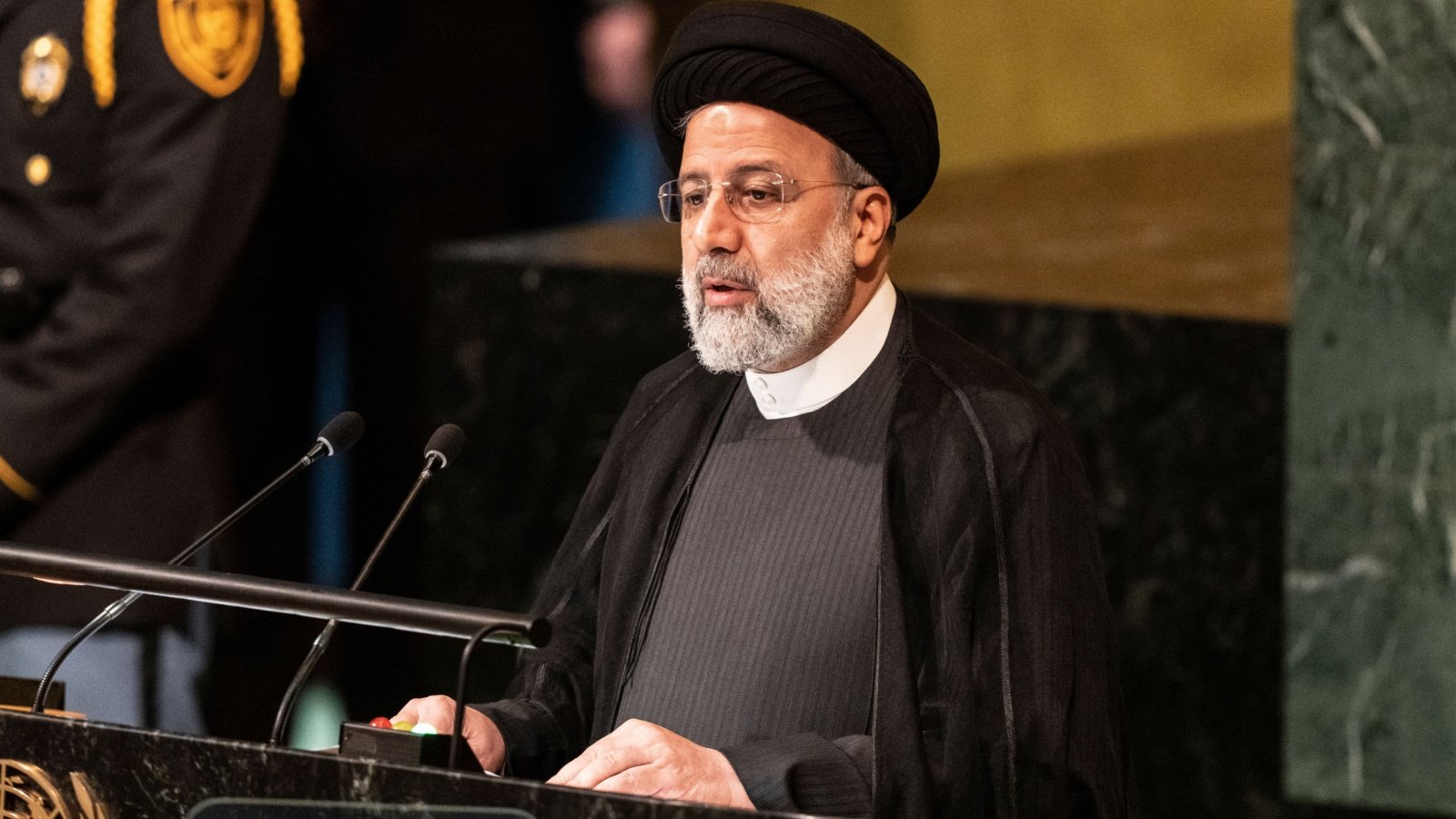
The effectiveness of Iran’s assault was broadly viewed as limited, with a senior U.S. official suggesting that Israel should pursue a measured and globally supported response to this provocation. This strategy aims to maintain stability while holding Iran accountable for its actions, reflecting a careful diplomatic balancing act.



